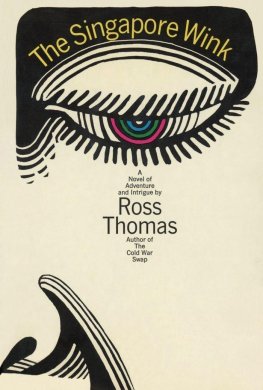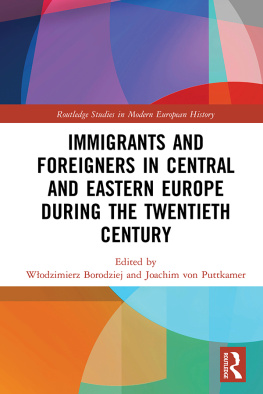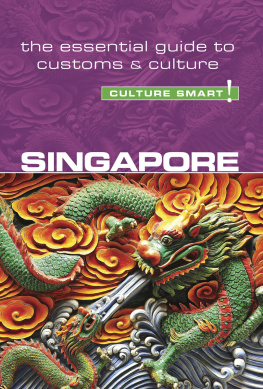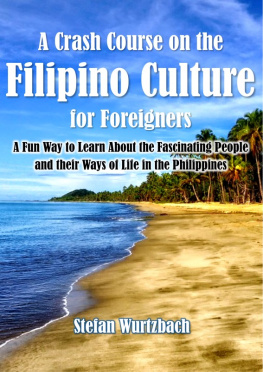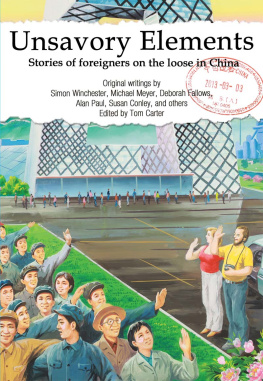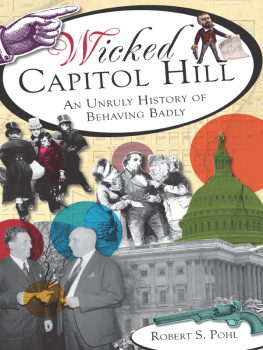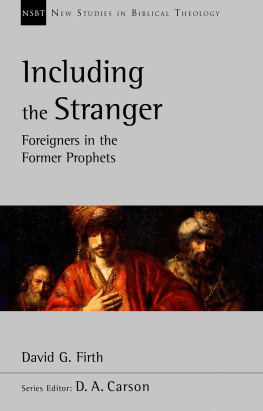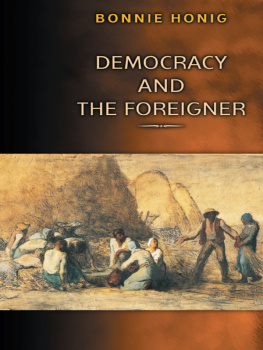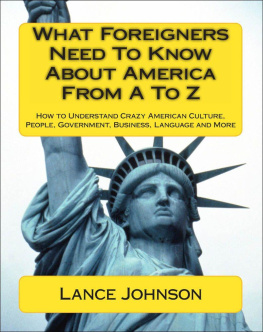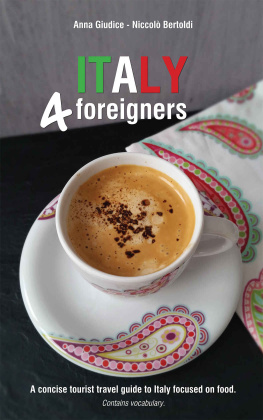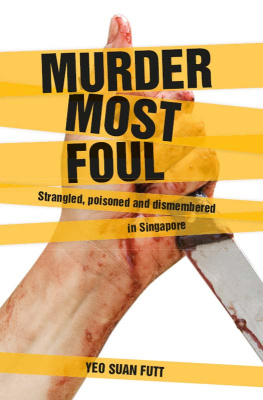
2013 Marshall Cavendish International (Asia) Private Limited
Published by Marshall Cavendish Editions
An imprint of Marshall Cavendish International
1 New Industrial Road, Singapore 536196
All rights reserved
No part of this publication may be reproduced, stored in a retrieval system or transmitted, in any form or by any means, electronic, mechanical, photocopying, recording or otherwise, without the prior permission of the copyright owner. Request for permission should be addressed to the Publisher, Marshall Cavendish International (Asia) Private Limited, 1 New Industrial Road, Singapore 536196. Tel: (65) 6213 9300, Fax: (65) 6285 4871. E-mail:
The publisher makes no representation or warranties with respect to the contents of this book, and specifically disclaims any implied warranties or merchantability or fitness for any particular purpose, and shall in no event be liable for any loss of profit or any other commercial damage, including but not limited to special, incidental, consequential, or other damages.
Other Marshall Cavendish Offices:
Marshall Cavendish Corporation. 99 White Plains Road, Tarrytown NY 10591-9001, USA Marshall Cavendish International (Thailand) Co Ltd. 253 Asoke, 12th Flr, Sukhumvit 21 Road, Klongtoey Nua, Wattana, Bangkok 10110, Thailand Marshall Cavendish (Malaysia) Sdn Bhd, Times Subang, Lot 46, Subang Hi-Tech Industrial Park, Batu Tiga, 40000 Shah Alam, Selangor Darul Ehsan, Malaysia
Marshall Cavendish is a trademark of Times Publishing Limited
National Library Board, Singapore Cataloguing-in-Publication Data:
Sandhu, Balvinder.
Foreigners behaving badly : mischief, drugs and murder in Singapore / Balvinder Sandhu.
Singapore : Marshall Cavendish Editions, c2013.
pages cm.
eISBN : 978 981 4484 92 3
1. Murder Singapore. 2. Drug traffic Singapore. 3. Crime Singapore. I. Title.
HV7100.67
364.1095957 dc23 OCN855728783
Cover design by Benson Tan
Printed in Singapore by Markono Print Media Pte Ltd
Contents

AS THE OLD ADAGE GOES, When in Rome, do as the Romans do. This still stands true today, whether youre in Rome, London, New York or, well, Singapore. Foreigners are subjected to the same laws as the locals in any country; there are no exceptions.
Foreigners Behaving Badly takes you through some prominent cases involving foreigners who forgot this rule or disregarded it with impunity and committed a host of shocking crimes in Singapore.
The case of a Brit, an Aussie and a Kiwi who were arrested for a violent rampage at Suntec City is just one example of foreigners not only having no respect for people and property, but also no respect for the law of the land, when two of them absconded to avoid facing the consequences.
Then theres the Romanian diplomat, Silviu Ionescu, who hid behind his diplomatic immunity so as to not take any blame for a hit-and-run accident. Oliver Fricker, a Swiss professional, vandalised an MRT train with an accomplice, knowing full well that such an act is illegal in Singapore.
Murder is investigated in two cases here, first with Brit John Martin Scripps gruesome killing of a South African tourist, whose body he then chopped up into several pieces; and in Chinese national Wang Wenfengs murder of a local taxi driver, which he claimed was a robbery attempt gone wrong.
We also learn how love can sometimes make you do the craziest things, including committing a crime, and even killing the one you love.
But as we know, crime never pays. The foreigners in the following accounts whether involved in murder or mischief were eventually served their just deserts by the Singapore legal system.
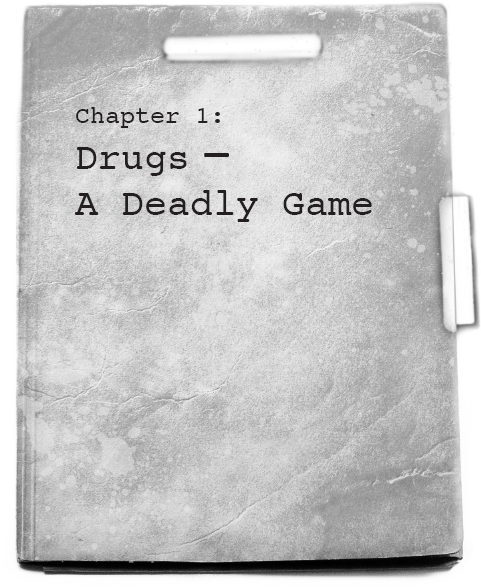
ITS COMMON KNOWLEDGE that drug offences in Singapore often lead to capital punishment. This isnt just a fact that Singaporeans know; Singapores hard stance against drugs is known the world over. Yet, there are many who smuggle drugs into the country and are then left to face the consequences.
A pair of traffickers
Nigerian Iwuchukwu Amara Tochi was arrested at Changi Airports Ambassador Transit Hotel on 28 November 2004 after he was found in possession of drugs. The 19-year-old was questioned by the police after Corporal Jeffrey Lee found several silver-coloured thumb-size capsules in his sports bag, as well as underneath some chocolate balls in a bucket-shaped container. The capsules were wrapped with plastic adhesive tape and aluminium foil.
While being questioned, Tochi suddenly took one capsule from another police officers hand and swallowed it. The officers were taken aback and proceeded to cut open one of the capsules. Central Narcotics Bureau (CNB) officers later discovered that, under several layers of wrapping, there was a packet of white substance that turned out to be a controlled drug.
The search resulted in 12 capsules in the container, 55 in Tochis socks, 26 in one of his gloves and six among his other belongings. This didnt include the capsule that was later excreted by him. The total of 100 capsules were found to contain around 727.02g of heroin, with a street value of about $1.5 million.
After he was arrested, Tochi told the police that a person named Smith had told him to wait in the airport transit area for an African man called Marshal, who was arriving from Indonesia. Tochi was then to hand over the capsules to this Marshal and he would get US$2,000 in return.
He then rang Smith three times to get instructions as to where and when to meet Marshal. CNB officers got him to arrange to meet Marshal at the Coffee Bean & Tea Leaf outlet near the hotel, then spotted a man fitting the description of Marshal. One of the officers took some photos of him with his mobile phone, and these images were then shown to Tochi. He then identified that this was the man whom he was supposed to hand the capsules over to.
Marshal turned out to be Okeke Nelson Malachy, 33, who was also arrested. He was found with a forged South African passport and was later declared as stateless.
TRIAL AND SENTENCING
The 13-day trial for the two men took place in July 2005 and Tochi broke down while he was giving evidence. In his defence, he said that he never knew that the items he had been carrying for Smith from Dubai contained illicit drugs. Instead, he believed that the capsules contained herbs because Smith had also handed him a book on herbs which was to be given to his sick friend, Marshal.
On 20 July, Justice Kan Ting Chiu sentenced the duo to death. They showed no emotion when the death penalty was passed against them.
Tochi had first been brought to the attention of the police when a supervisor at the Ambassador Transit Hotel reported him to them as her suspicions were aroused when he tried to book a room after having spent 24 hours in the airports transit areas.
The drugs that the police found among his belongings turned out to be heroin. Tochi had claimed to the police that he was a professional footballer and was in Singapore for football trials. But, when questioned further, he could not name any local football clubs.
Among his belongings was a bucket-shaped Maltesers chocolate container. Corporal Lee had asked Tochi if the capsules they found were chocolate and he replied yes. When another officer took a capsule and asked Tochi what it was, he said instead that it was a herb that tasted like chocolate. It was then that he took it from the officer and swallowed it. It was subsequently passed out from his body and found to contain 7.08g of heroin.
Next page

